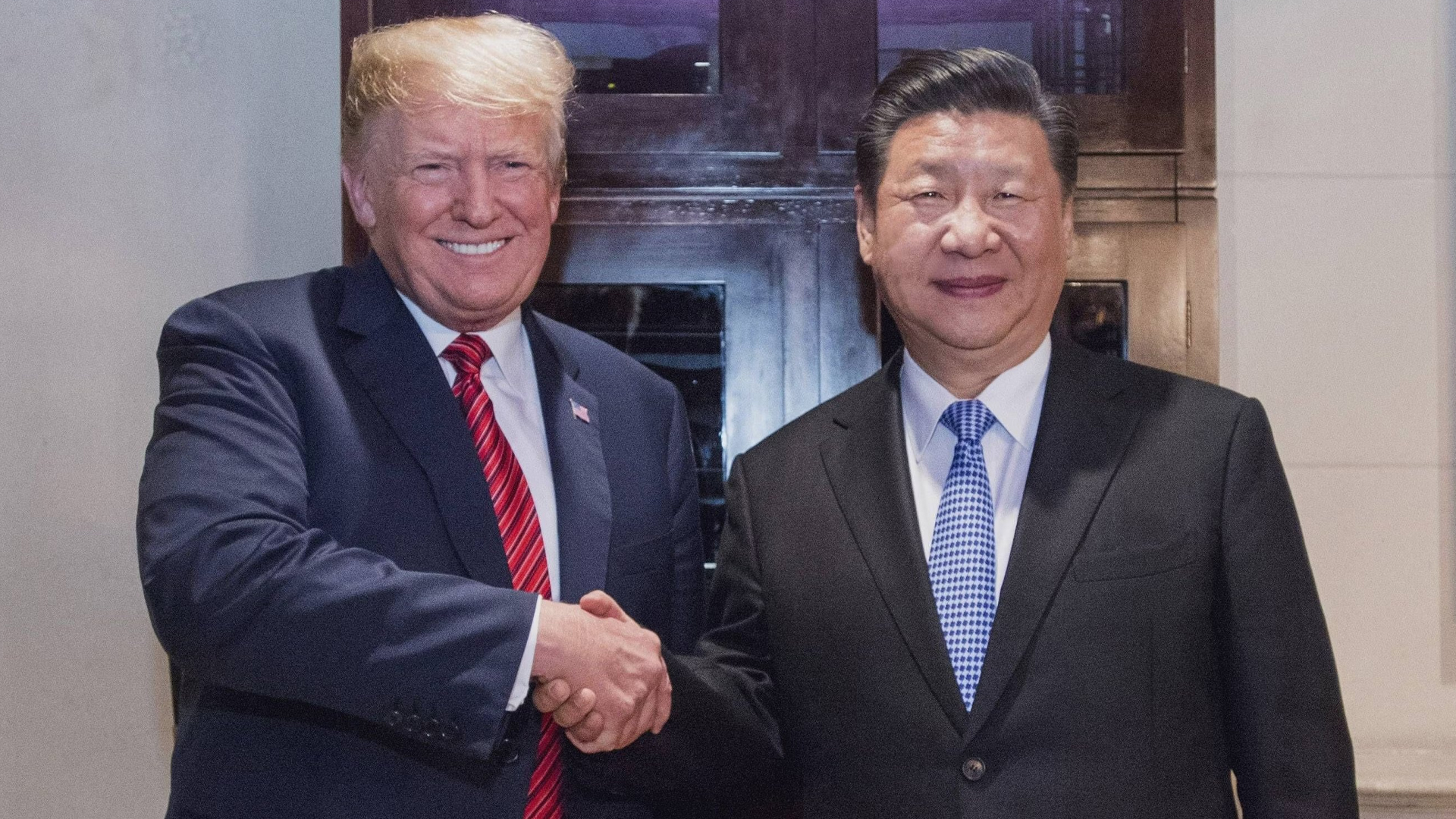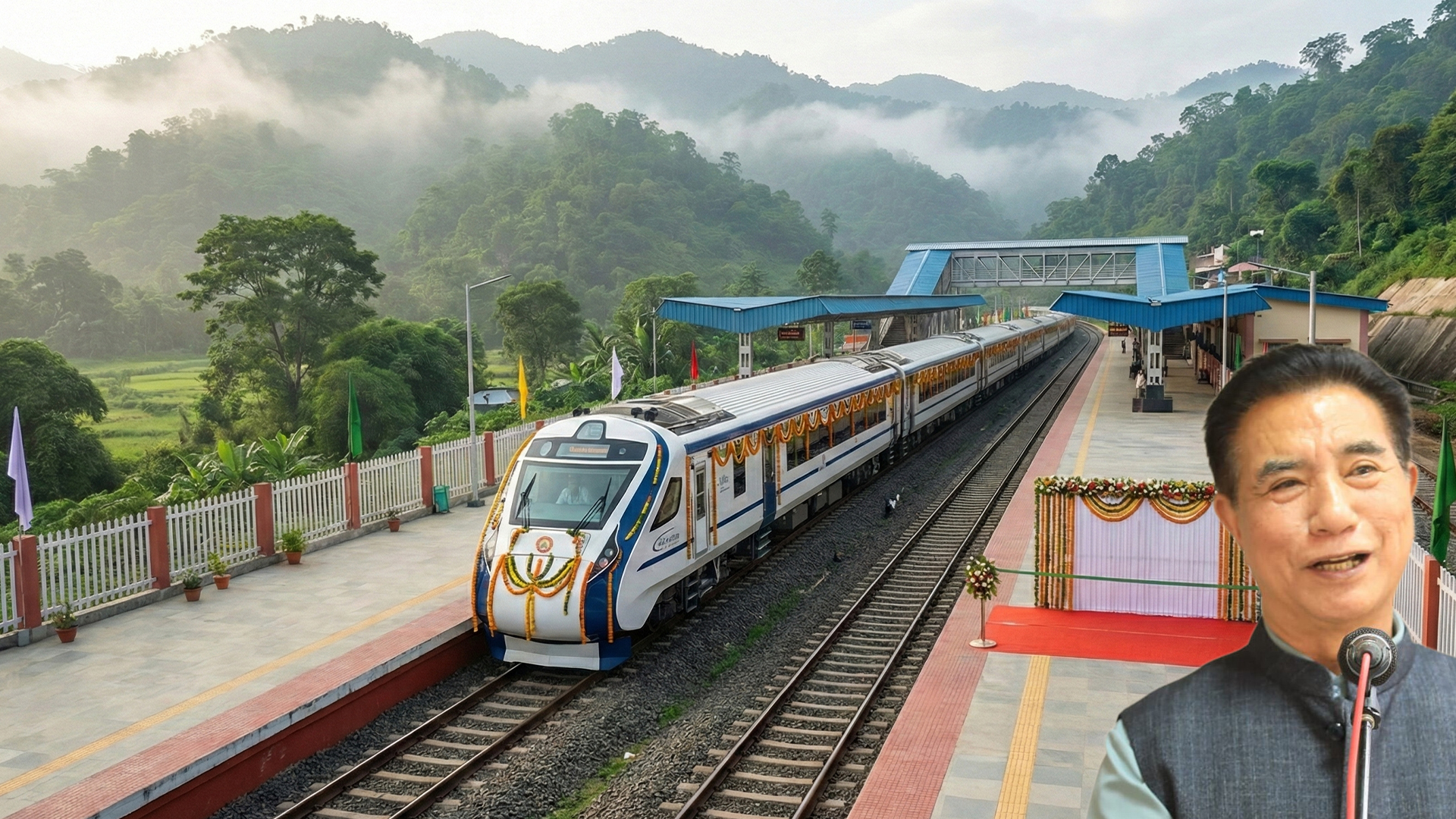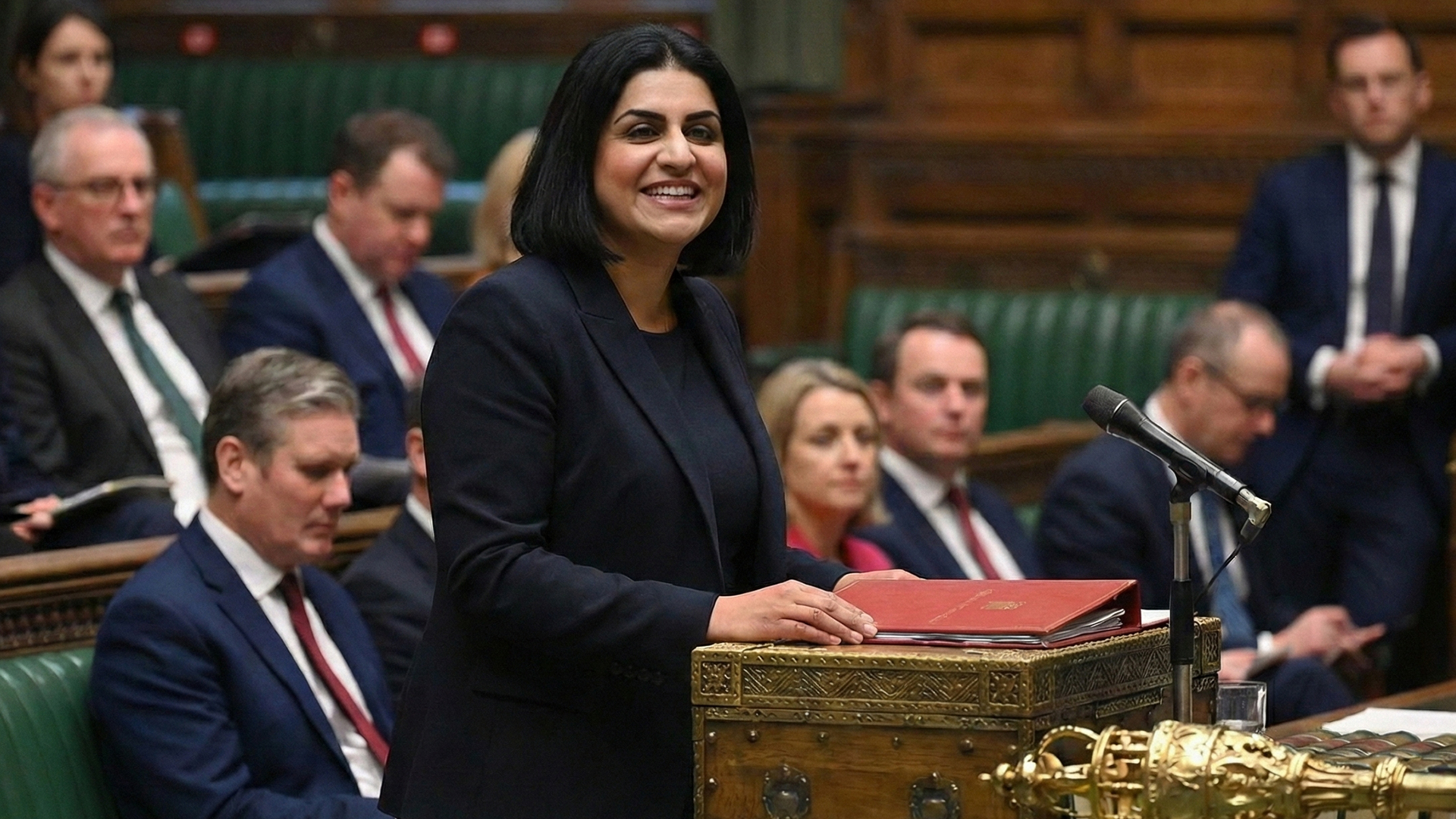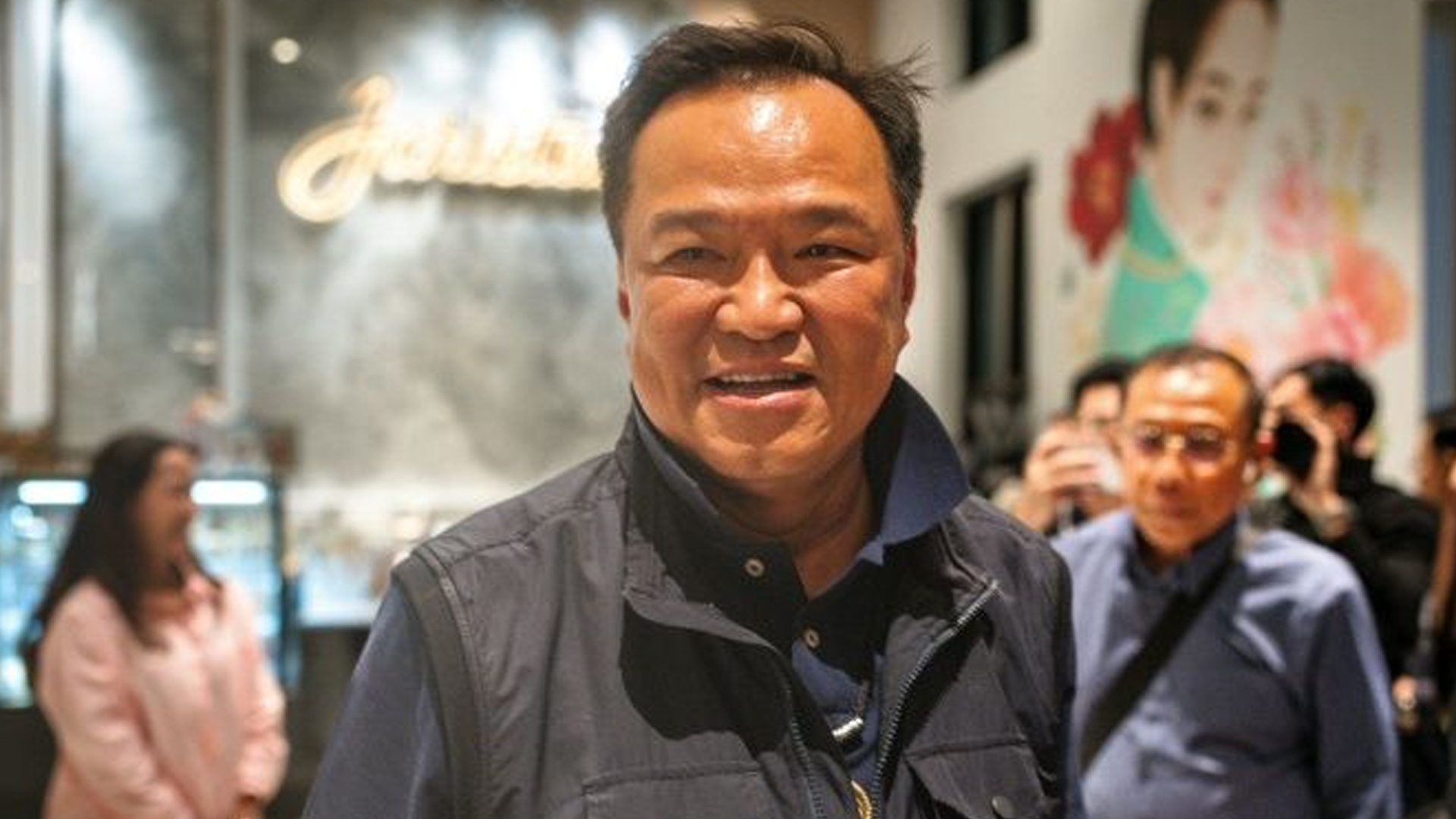After six years apart, US President Donald Trump and Chinese President Xi Jinping met face-to-face on Thursday in Busan, South Korea, in a high-profile encounter aimed at easing escalating trade tensions. The new tariff level will drop from 57% to 47%, with fentanyl-related tariffs cut in half to 10%.
The meeting, held on the sidelines of the Asia-Pacific Economic Cooperation (APEC) summit, marked the first in-person encounter between the two leaders since Trump’s return to office this year and took place amid growing concerns over the global economic impact of the US-China trade conflict.
Speaking from Air Force One after nearly two hours of discussions, Trump described the encounter as “amazing” and rated it “12 out of 10.” He announced that, in addition to the tariff cuts, both sides had reached a one-year agreement to resolve a long-standing dispute over rare earth mineral exports—a key resource for high-tech industries. China has agreed to maintain the flow of rare earths, while the US will refrain from imposing a proposed 100% tariff on Chinese goods.
The deal also includes China’s commitment to resume large-scale purchases of US soybeans, signaling a partial thaw in the strained trade relations. Trump praised Xi Jinping as “a great leader” and expressed optimism about a “fantastic relationship” moving forward.
Experts have characterized the agreement as a tactical truce rather than a comprehensive resolution to the broader, deep-rooted trade issues. The summit, held at a South Korean military facility near Busan airport, signaled the leaders’ willingness to manage tensions and pursue dialogue amid complex geopolitical challenges.
This breakthrough comes as both countries seek to stabilise their economic engagement after months of retaliatory tariffs and export restrictions that have disrupted global markets. While core disagreements persist, the meeting represents a notable step toward de-escalation and cooperation between Washington and Beijing.
The Busan meeting also highlighted South Korea’s role as a diplomatic bridge in the region, with President Lee Jae Myung aiming to foster dialogue between the two powers. The outcome of this pivotal encounter will influence the trajectory of US-China relations and the wider global economy in the months and years ahead.
This development offers a hopeful turning point in one of the world’s most consequential bilateral relationships, potentially easing economic uncertainty and promoting cooperative global leadership.






